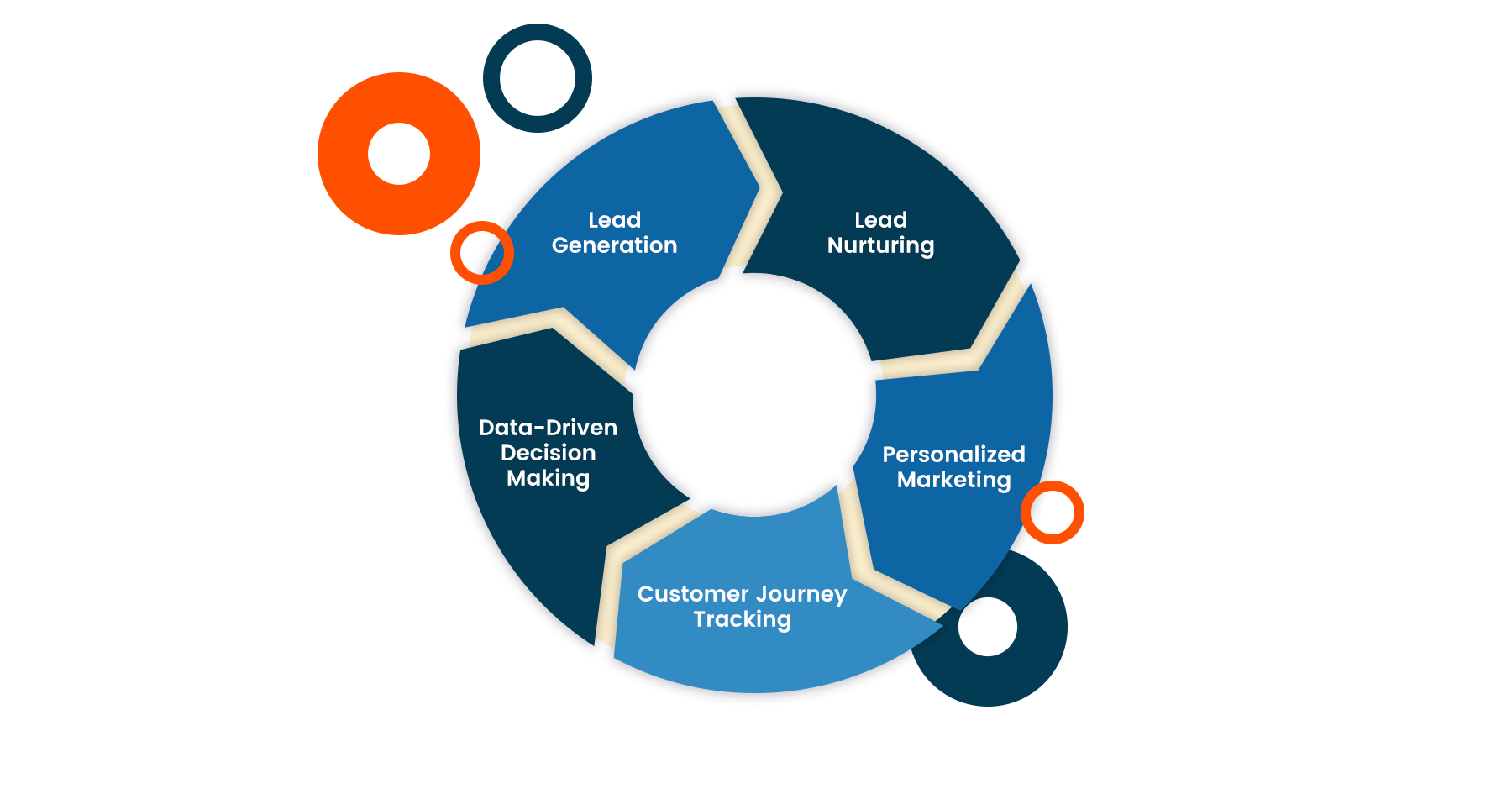
Startups play a crucial role in economic growth and prosperity. In 2020, the global startup economy created nearly $3 trillion in value. And in 2021, startup businesses less than a year old created more than 2.9 million jobs in the US.
From encouraging tech innovation to creating new employment opportunities, startups are a key pillar of modern society. Nevertheless, running a startup is like completing an obstacle course. From limited workforce to cash flow restrictions, most founders find their paths filled with roadblocks.
Case in point — according to the US Bureau of Labor Statistics data, roughly one in five businesses fail within their first year of operation. Also, 44 percent of small businesses fail because they run out of cash.
In a startup environment, it’s crucial to make the most of whatever resources you have by building streamlined workflows. For example, if you or your employees spend time performing routine, repetitive tasks, such as data entry, you won’t have time to focus on more critical business aspects. This will affect your efficiency and take a toll on your revenue.
How do you stay productive while maximizing business growth and revenue? One of the most effective solutions is to use CRM and marketing automation for startups.

Do startups need CRM and marketing automation?
Customer relationship management (CRM) software is integral to every modern business, including startups. It provides you and your employees with a centralized dashboard to monitor customer interactions.
This facilitates better lead nurturing and increases conversion rates. It also helps address customer queries and complaints faster and more efficiently, leading to improved customer experience.
Additionally, today’s CRM systems for startups come with an array of marketing automation capabilities. For instance, they let you segment your emailing list and send hyper-personalized emails to each group. Automating such workflows gives you time to focus on more crucial tasks, such as creating quality content and improving brand recognition.
Ultimately, this maximizes your marketing campaigns‘ return on investment (ROI) and sales workflows. It also helps you forge long-lasting customer relationships that can drive retention rates and revenue higher.
Given these benefits, it isn’t surprising that 65 percent of sales professionals use a CRM tool. Ninety-seven percent even consider sales technology, including CRMs, “important” or “very important” to fulfilling their business needs.
How can startups use CRM and marketing automation?

When you’re hard-pressed for capital, spending on a new CRM might seem counterintuitive. But the efficiency and productivity gains from a robust CRM and marketing automation platform make it a worthy investment. Instead of wondering whether your startup needs CRM and marketing automation platforms, it’s wiser to find ways to harness its potential.
Here’s how you can use these CRM solutions for your startup.
Lead generation
CRM software solutions provide you with a variety of lead-generation tools. For instance, you can easily design landing pages and web forms for different marketing campaigns with a CRM platform. Better still, the platform can automatically capture leads from these sources, saving you and your employees the hassle of manual data entry and simplifying contact management.
What’s more, some CRMs facilitate seamless lead management by letting you set specific criteria for lead scoring. They then assign a score to each new lead based on these predefined criteria. Many CRMs for startups also let you set reminders for timely follow-ups. This helps sales teams identify high-priority, qualified leads and focus efforts on them. It also minimizes friction in the sales pipeline, leading to more conversions.
Lead nurturing
Whether you nurture prospects on your own or have a dedicated sales team, it’s a time-consuming process that isn’t easy for startups. With a limited workforce and resources, following up with the right leads at the right time can be difficult. These missed opportunities can tank conversion rates and escalate marketing and sales costs.
With a robust CRM, you don’t have to worry about losing qualified leads. It can score leads on your behalf and automatically create and assign follow-up actions to sales executives.
Using these features ensures effective lead nurturing while eliminating the need to remind sales executives manually. You get to engage prospects better and nudge them further along your sales funnel.

Personalized marketing
Implementing hyper-personalized marketing campaigns is one of the most significant applications of a CRM and marketing automation tools. It’s also crucial, considering that 71 percent of consumers expect personalized experiences from brands.
To begin with, you can use marketing automation software to segment your customer base according to their purchase history, online activity, and other customer information. You can then send targeted content, product recommendations, and offers tailored to each segment’s needs.
You can even set up automated response-driven email marketing workflows to trigger specific emails based on a recipient’s interactions with previous emails. Let’s say a prospect opens one of your emails, clicks on its call to action (CTA), and visits a product page but doesn’t make a purchase. You can send them a customized offer for that specific product through automated emails and motivate them to buy.
Besides improving lead nurturing, you can use workflow automation to engage inactive leads or customers and boost customer retention.
Track customer journeys
A standard CRM for startups will provide a comprehensive overview of every customer’s journey. Many platforms even let you visualize this journey, helping you understand where each prospect stands in the sales funnel in real-time. You can also get a complete look at their purchase history and interactions with your business.
That information comes in handy for all departments — customer support, marketing, and sales.
Here’s how:
First, it empowers customer support executives to better address complaints and problems. They have all the information they need about customers, ensuring faster and more efficient query resolution.
Similarly, sales team members can monitor customer journeys to identify gaps in their strategies that increase churn. They can zero down on specific points of friction in your sales process and fix those to increase conversions.
Lastly, marketers can use customer journey visualizations to gain in-depth insights into consumer behavior and preferences. This enables them to optimize their campaigns for maximum returns.
Make data-driven decisions
Every CRM lets you track metrics related to customer behavior and interactions. You can use that customer data to make crucial decisions, such as selecting the right email CTAs and choosing the best channels to follow up with active leads.
You can even test different landing page layouts and email subject lines to identify the best-performing ones. With concrete data and actionable insights from CRM software, you no longer have to rely on trial and error to streamline business processes. This can help maximize your business ROI.
The goldmine of data from a CRM also comes in handy when setting sales targets and forecasting revenue for the upcoming months.
Grow your startup with the Act! CRM and marketing automation platform
Now that you’re familiar with the benefits and applications of CRM, it’s natural to wonder what’s the best CRM for startups. While there’s no one-size-fits-all platform, it’s a good idea to choose a customizable platform like Act! CRM that’s designed to address the unique needs of small businesses.
With Act!, you can build a streamlined and automated workflow to generate, nurture, and convert leads and build lasting customer relationships. Start your 14-day free trial now.








